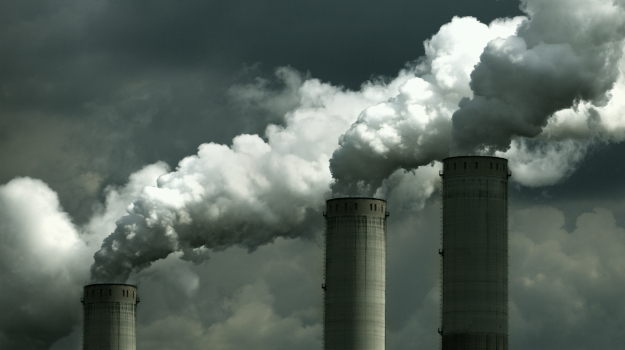Jessica Shankleman, Antony Sguazzin and Saleha Mohsin

iStock
Officials from the US, UK, France and Germany are looking for an agreement with Eskom, which generates almost all of South Africa’s power from a fleet of 15 coal plants.
South Africa’s use of coal has made it the world’s 12th biggest emitter of greenhouses gases.
Eskom alone accounts for more than 40% of South Africa’s emissions.
Four of the world’s richest nations will send a delegation to South Africa as soon as next week to seek a deal to begin closing the country’s coal-fired plants, according to people familiar with the matter.
Officials from the US, UK, France and Germany are looking for an agreement with Eskom, which generates almost all of South Africa’s power from a fleet of 15 coal plants. Any deal struck could be announced during the United Nations climate talks known as COP26, set to start in Glasgow, Scotland, on 31 October, one of the people said.
"The developed economies have a responsibility to fund the just transition to a low-carbon economy and climate resilient society," said Albi Modise, a spokesman for South Africa’s environment department. He confirmed that John Murton, the UK’s envoy to COP26, will visit the country "to assess opportunities for enhanced cooperation" but added that the dates are still being finalised.
Alok Sharma, the COP26 president, has said he wants to use the summit to "consign coal to history". But he’s met resistance from a number of middle-income countries that rely on coal. A Group of 20 meeting in July failed to reach an agreement on phasing out coal.
South Africa’s use of coal has made it the world’s 12th biggest emitter of greenhouses gases, ahead of the UK, which has an economy eight times its size. Eskom alone accounts for more than 40% of South Africa’s emissions.
Debt burden
While the utility has laid out plans to start closing down its coal plants and having them at least partially replaced with renewable energy, gas-fired generation and battery storage, its debt burden of R402 billion hinders it from borrowing more money to pay for the energy transition.
With about 20 000 power plant workers, 90 000 coal miners and many thousands more involved in the transport of the fuel, there are also social implications to take into account.
In July, Eskom chief executive officer André de Ruyter suggested a facility from development-finance institutions that would be paid over a number of years.
In an August presentation to the government, the company said it was in initial talks to raise R33 billion from five such organisations. Mandy Rambharos, the head of Eskom’s Just Energy Transition department, has previously said the phase-out could cost more than $10 billion.
No comments:
Post a Comment